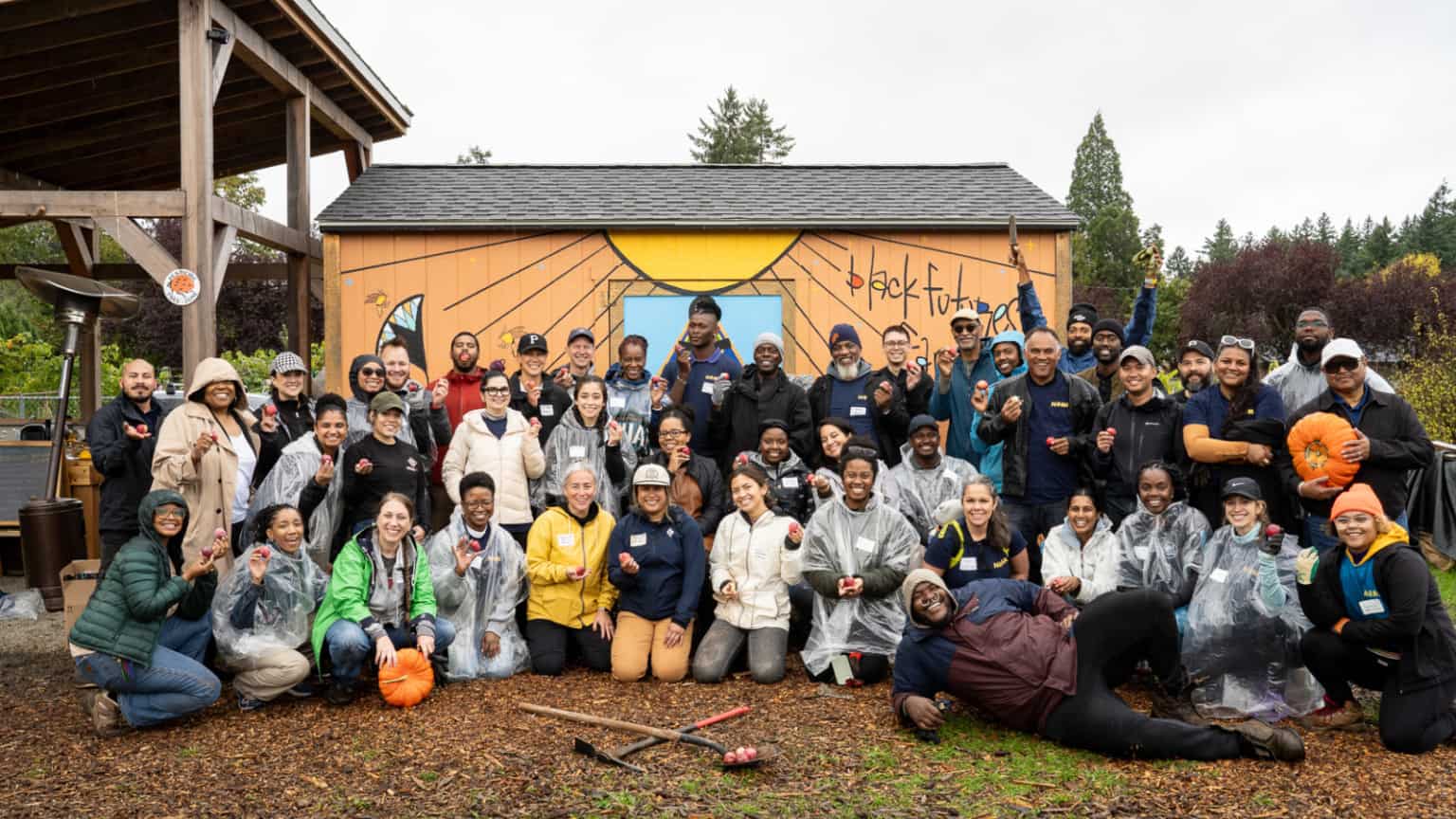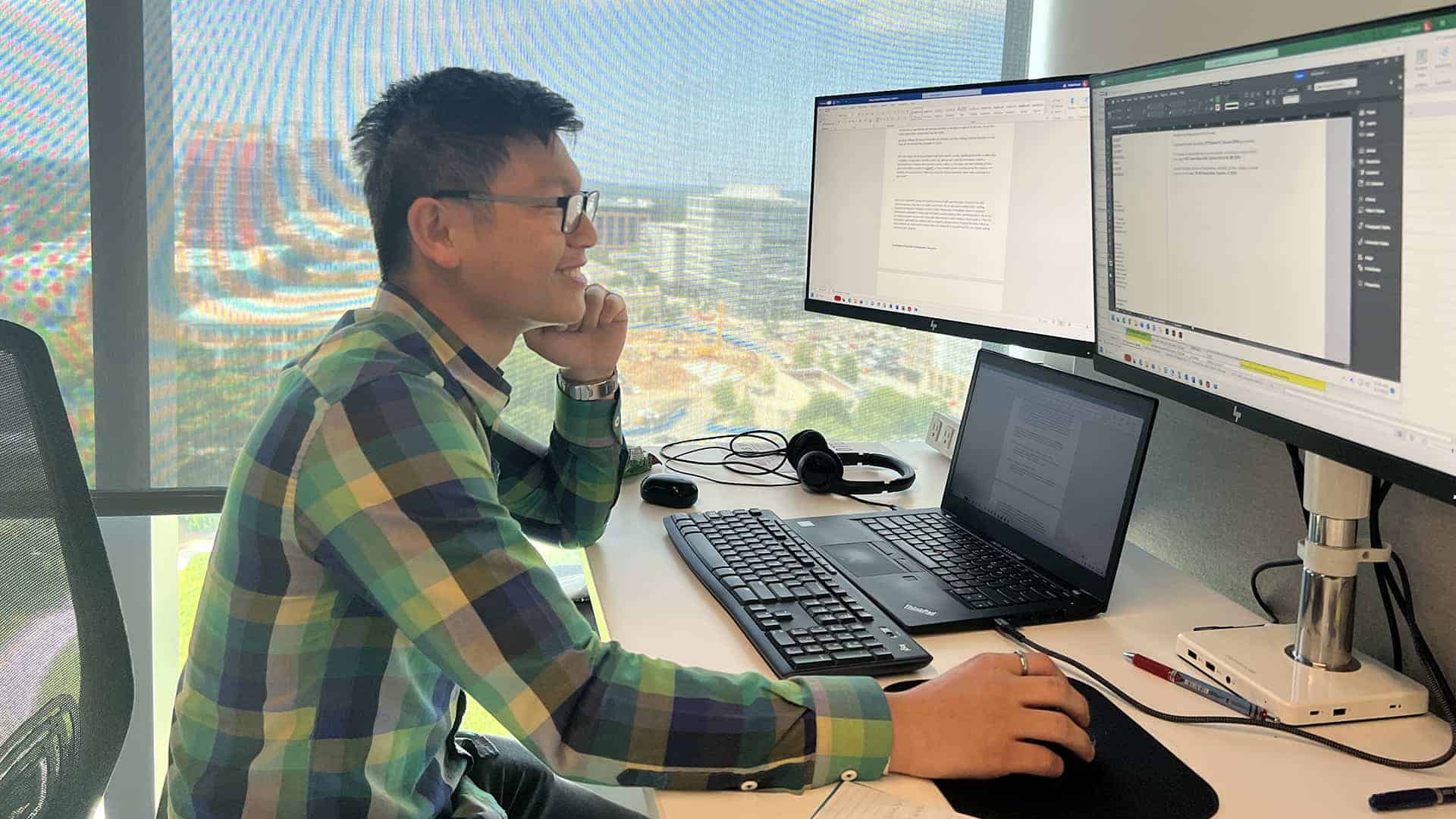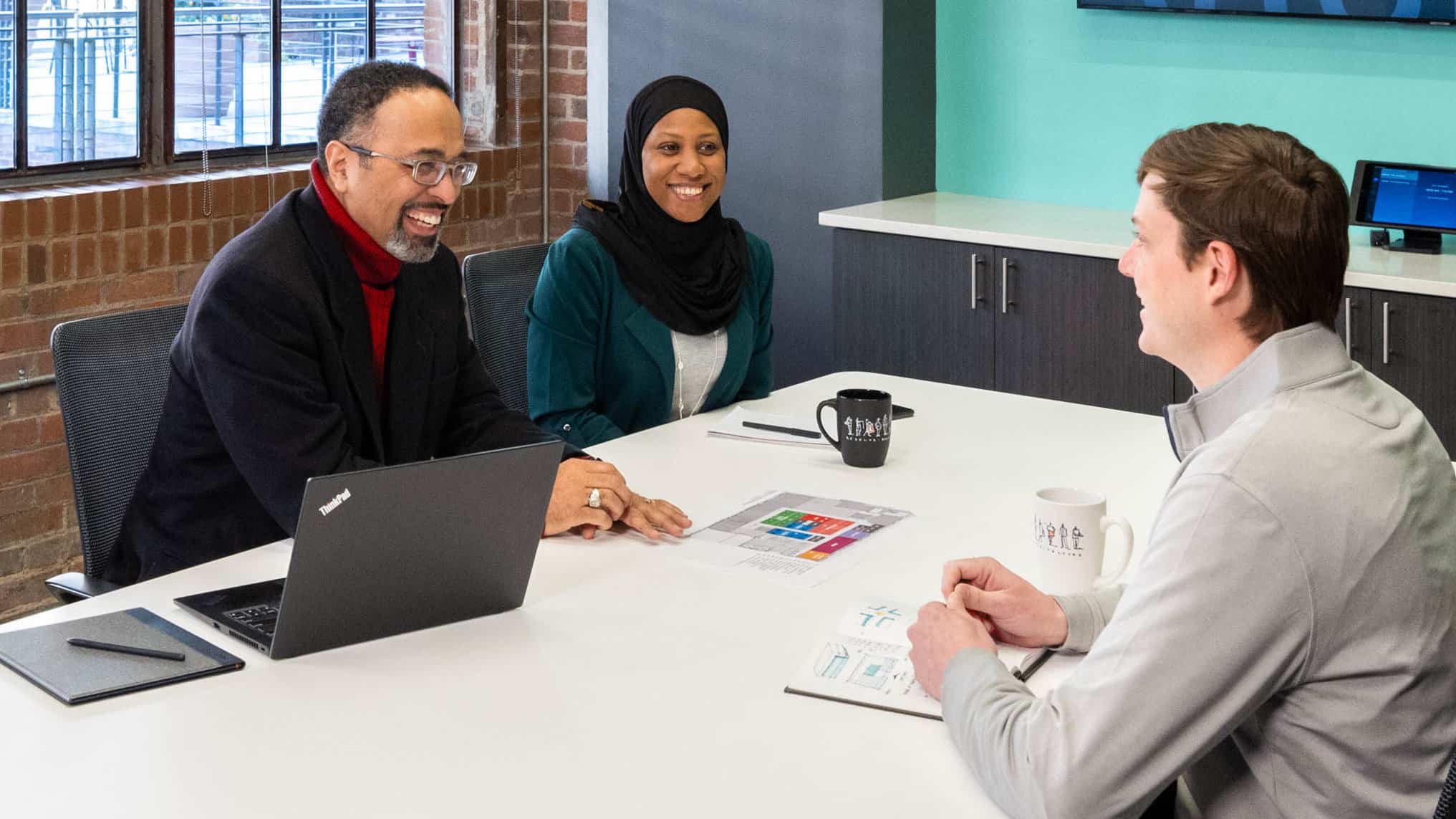Mentorship is a concept that transcends generations, cultures, and professions. It is a dynamic relationship built on guidance, support, and shared wisdom, where experienced individuals guide and inspire others on their journey toward personal and professional growth. Fostering learning, resilience, and the development of valuable life skills, the impacts of mentorship often extend beyond the mentor and mentee.
At its core, mentorship is a reciprocal relationship that is more than simply transferring knowledge. It is a profound connection where a mentor invests time, expertise, and empathy in their mentee, aiming to help them navigate challenges, identify opportunities, and unleash their full potential. Drawing from their own experiences, the mentor becomes a source of inspiration, offering insights and advice that can shape the mentee’s perspective and decision-making.
In architecture, organizations like the North Carolina Chapter of the National Organization of Minority Architects (NCNOMA) play a vital role. As current vice president, I’ve seen firsthand how mentorship can change lives, especially for people of color. NCNOMA connects seasoned professionals with aspiring minority architects, creating opportunities that might otherwise be limited due to systemic barriers and lack of representation. By empowering minorities to succeed in spaces where they’re often underrepresented, mentorship helps bring more diversity and progress to the field.
Still not convinced about the power of mentorship? Let’s take a closer look at why it’s so valuable.
Navigating the Learning Curve
In any growth journey, individuals encounter a learning curve filled with uncertainties and obstacles. A mentor acts as a seasoned guide, helping their mentee navigate this curve with confidence. By sharing their triumphs and setbacks, mentors provide a roadmap for success while instilling resilience in the face of adversity. The mentorship relationship becomes a safe space for the mentee to explore, learn from mistakes, and refine their skills.
A person’s mentorship journey can start from an early age. For example, the ACE Mentor Program is a no-cost after-school program that introduces the architecture, construction, and engineering professions to high school students, providing workforce development opportunities and connecting them with design and construction industry experts. Led by mentors, students are immersed in the profession through hands-on activities and building projects. Instilling confidence at a young age sets the groundwork for success as students progress with their education and professional careers.
Building a Network of Support
Mentorship extends beyond one-on-one interactions; it creates a network of support and connections. Mentees not only benefit from their mentor’s insights but also gain access to their mentor’s professional network. This expanded circle opens doors to new opportunities, collaborations, and a broader understanding of their industry. Meanwhile, mentors feel proud seeing their mentees grow and succeed, making mentorship a fulfilling journey for both sides.

The Role of Diversity in Mentorship
A diverse mentorship landscape is essential for fostering creativity, innovation, and inclusivity. Encouraging mentorship across diverse demographics, industries, and backgrounds ensures a rich tapestry of perspectives and experiences. This diversity enhances the learning process, offering mentees a well-rounded education that prepares them for the complexities of the modern world.
Last summer, Little hosted two fellows from the NOMA Future Faces fellowship program. For this inaugural experience, Caleb Kwok and Jordano Hernandez collaborated with our firm’s design partners on a research project that would further advance social equity within our design processes. Fostering this diversity of thought strengthens our profession and industry, elevating our design expertise. Read more about this project here.

Over the last several months, a number of us at Little have deeply engaged with a cohort of over 100 architecture students from seven Historically Black Colleges and Universities (HBCUs) through the NOMA HBCU Professional Development Program. Thanks to sponsoring firms like Little, students received invaluable career development support through various avenues, including interviews, workshops, and a bustling career fair.
Central to our mission is our unwavering commitment to being accessible and present for these aspiring architects, even amidst our own demanding schedules. We recognize the significance of our role in guiding and nurturing the next generation of talent in our field. By offering our time, expertise, and insights, we aim to empower these students to navigate the complexities of their chosen profession with confidence and clarity. Our efforts extend beyond mere guidance; they embody a genuine investment in the future success and diversity of the architectural community.
Conclusion
In the tapestry of personal and professional development, mentorship emerges as a vibrant thread, weaving together mentor and mentee experiences, insights, and aspirations. It is a testament to the power of human connection and the belief that, through shared wisdom, we can collectively cultivate a future generation of empowered, resilient, and successful individuals.
We must acknowledge the transformative power of mentorship and take action. Whether you’re an experienced professional looking to share your knowledge or an aspiring mentee seeking guidance, there are countless opportunities to get involved. Embrace the transformative power of mentorship and witness its ripple effects as it shapes lives and builds a brighter future for all.

